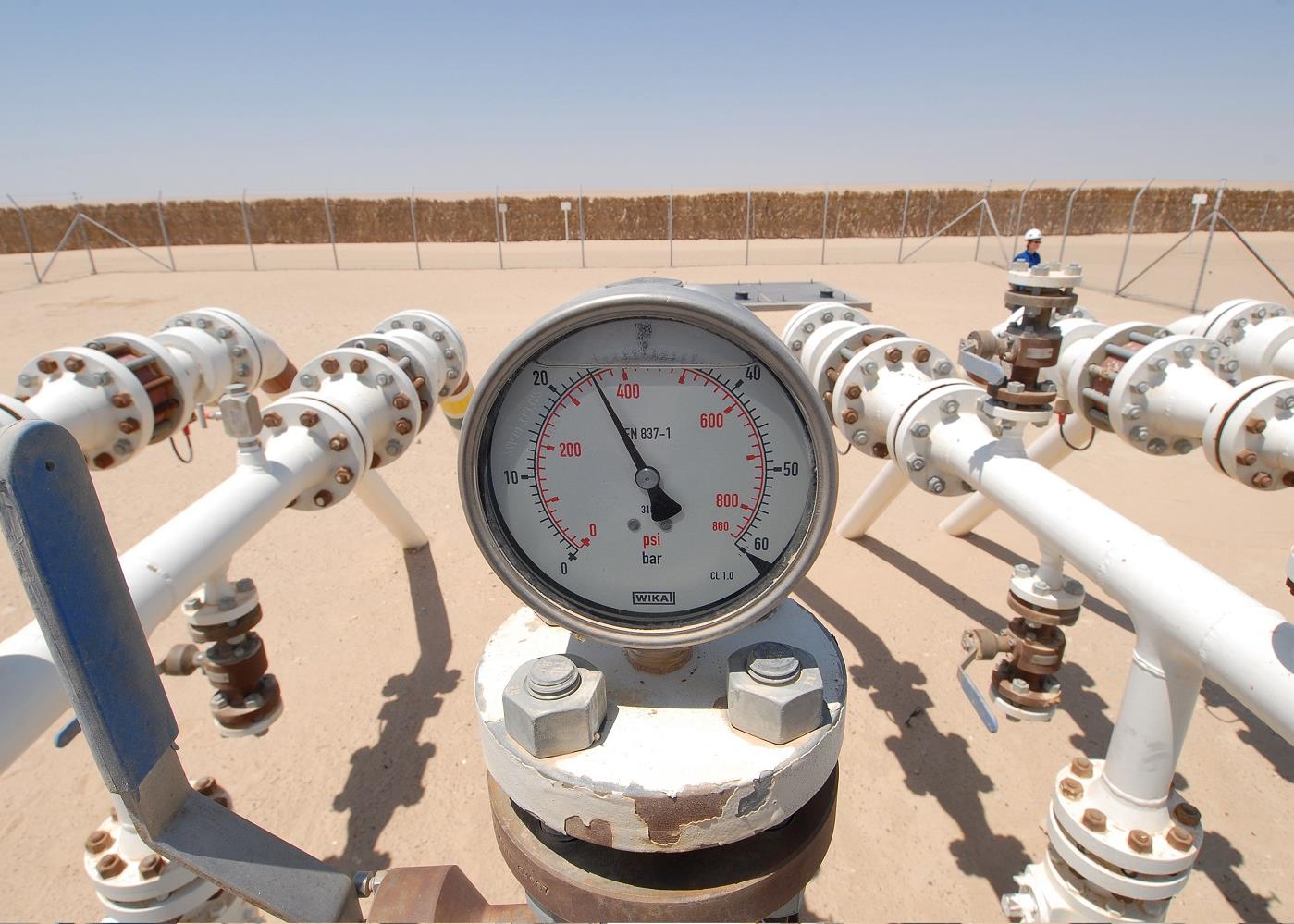
Qatar has taken control of the whole supply chain by setting up its own transportation company to deliver gas to export markets.
The record size of the liquefied natural gas (LNG) trains for the Qatargas II venture at Ras Laffan has been in the spotlight during the critical construction phase over the past few years. But as the project moves on to the delivery stage, Qatar’s ownership and operation of a new fleet of supertankers to transport the gas also deserves accolades.
Qatar Gas Transport Company (Nakilat), the company responsible for transporting the state’s LNG supplies, was created in 2004, and its first priority was to work out the logistics for Qatargas II.
When Qatar first entered the LNG industry in the late 1990s, it largely followed convention by linking up with ship owners to form joint venture companies. Shipments from Qatar Liquefied Gas Company (Qatargas) and Ras Laffan Liquefied Natural Gas Company (RasGas) were delivered by the ship owners, with Qatar content to take ownership stakes of 30-60 per cent in each venture.
Muhammad Ghannam, managing director of Nakilat, says it was a conservative but sensible approach at the time. “We selected most of the reliable shipping companies in the world and partnered with them for the first 29 ships [purchased by Nakilat],” he says.
As confidence grew and Qatar took advantage of economies of scale around its LNG business, it elected to take on more of the risk, and reward.
Qatargas II was the project that changed Qatar’s thinking and set it on the path of controlling the entire chain from production to final delivery.
“In March 2006, we started looking at the supply chain again and said ‘well, some of these ship owners don’t even have experience in LNG so they are coming into the deal brand new’,” says Ghannam.
“We saw it as a good opportunity to start a new marine and shipping industry ourselves, and we have really embraced that switch from being a pure investment with a foreign shareholder to 100 per cent ownership.
“It is a new model. We made a decision not to go with partners but to go ahead and do it ourselves. It gave us better control, better reliability, and also helped the Qatari economy get into the shipping industry.”
Since 2005, Nakilat has spent $7.5bn on an additional 25 ships to take its total fleet to 54 in an investment programme now estimated to top $11bn. The firm has received nine ships from its latest order, with the balance of 16 tankers all to be delivered to Ras Laffan by mid-2010.
Ghannam says the company, which floated half of its equity on the Doha Securities Market in early 2005, is in talks with its banks to raise an additional $1bn to finance its latest acquisitions.
Financial institutions were quick to underwrite its two previous fundraisings of $2.2bn and $1.5bn in 2006 and 2008 respectively, but Ghannam admits the current economic climate will provide a sterner test.
“What is fortunate about the situation is that we do not need a one-shot deal,” he says. “We have the luxury of waiting. We will try to see what kind of deals are being done in the region and, based on that, our financial adviser will determine what the pricing will be we can offer to the banks.”
Nakilat and Qatar Petroleum (QP) created a five-phase strategy in 2007 to develop facilities for the construction and maintenance of marine and offshore structures to give the state a further advantage in the LNG value chain. A major ship repair yard is under construction and Nakilat remains in talks with QP about feasibility studies for ambitious construction and fabrication facilities.
“It is another important piece in the jigsaw for our shipping industry,” says Ghannam. “We have enough capacity to meet demand but we will pursue additional opportunities if Qatargas and RasGas go for more production. For now, Qatargas II is our priority.”
You might also like...

Algeria signs oil deal with Swedish company
19 April 2024

Masdar and Etihad plan pumped hydro project
19 April 2024

Ewec signs Ajban solar PV contract
19 April 2024

Contractor orders compressors for onshore project
18 April 2024
A MEED Subscription...
Subscribe or upgrade your current MEED.com package to support your strategic planning with the MENA region’s best source of business information. Proceed to our online shop below to find out more about the features in each package.








